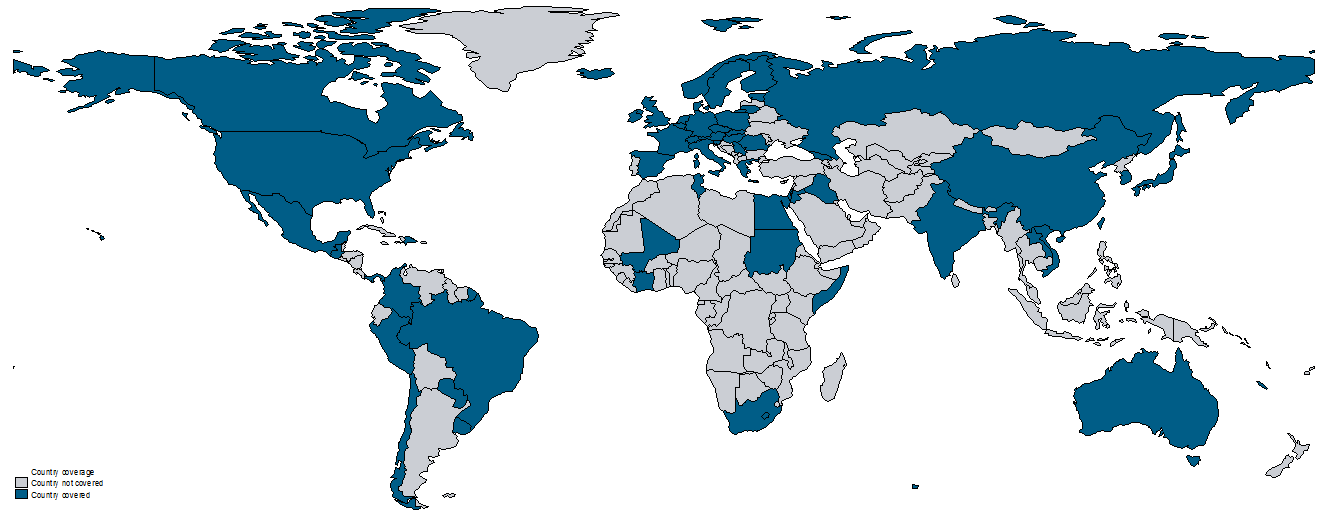Our Data
LIS collects and harmonises socio-economic micro datasets from upper- and middle-income countries and makes them available into
| Luxembourg Income Study Database (LIS) | the largest available harmonised income micro-database with 864 datasets from 53 countries |
| Luxembourg Wealth Study Database (LWS) | the first cross-national wealth database in existence with 103 datasets from 20 countries |
| ERF-LIS Database | harmonized income/consumption micro-database combining LIS and Economic Research Forum (ERF) data, including 28 datasets from 7 countries |

Make data accessible to researchers world-wide
Microdata that would otherwise be incomparable, or impossible to access, are made available to researchers world-wide through:
| LISSY | A remote system for registered researchers and exclusively for non-commercial purposes |
| DART | A powerful web-based interactive tool that allows users to select and visualise income and wealth indicators, countries, and time periods, and to decompose them by a multitude of individual and household characteristics, all based on the LIS harmonised databases. |
| Key Figures | National indicators on Inequality and Poverty based on LIS Microdata |
Cross-national comparative research
LIS Databases have been used by thousands of researchers coming from diverse disciplines, primarily economics, sociology, political science and the policy sciences to conduct cross-national comparative research on socio-economic outcomes. Over the last 30 years, many researchers use the LIS data to analyse variation in socio-economic outcomes within and across countries. Making the LWS data available has also enabled entirely new lines of research about wealth, debt and other dimensions of economic well-being.
Research based on LIS microdata has appeared in dissertations, journal articles, and books, informs NGOs and policy-makers, and is often featured in the popular media. All research based on LIS and LWS microdata is catalogued in our Working Paper series.
Combination of our microdata with country-level data from other sources is possible to study the relationship between LIS-generated indicators and other outcomes such as family wellbeing, political behaviour, and macroeconomic conditions. Visit our Other Databases page.
